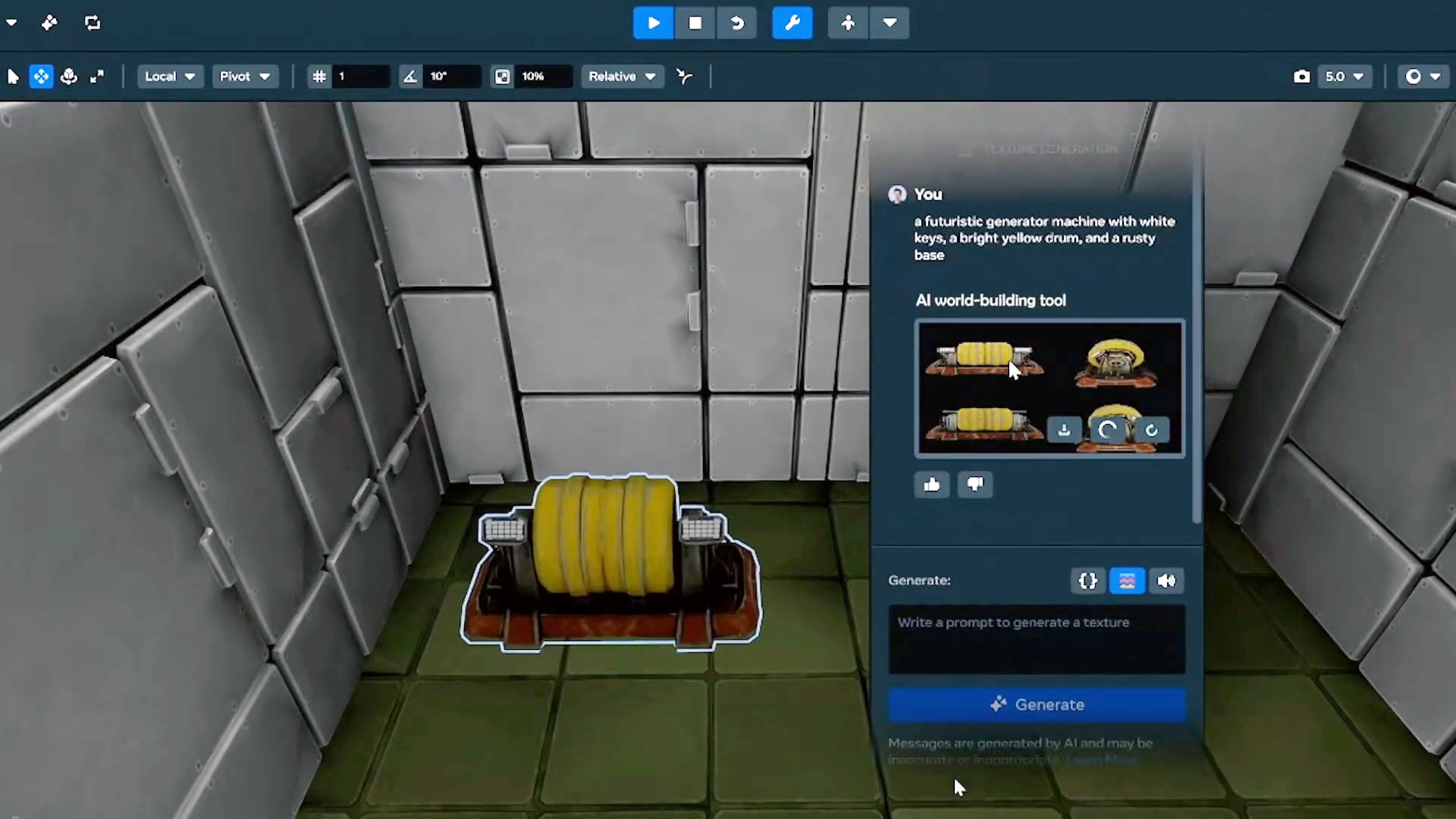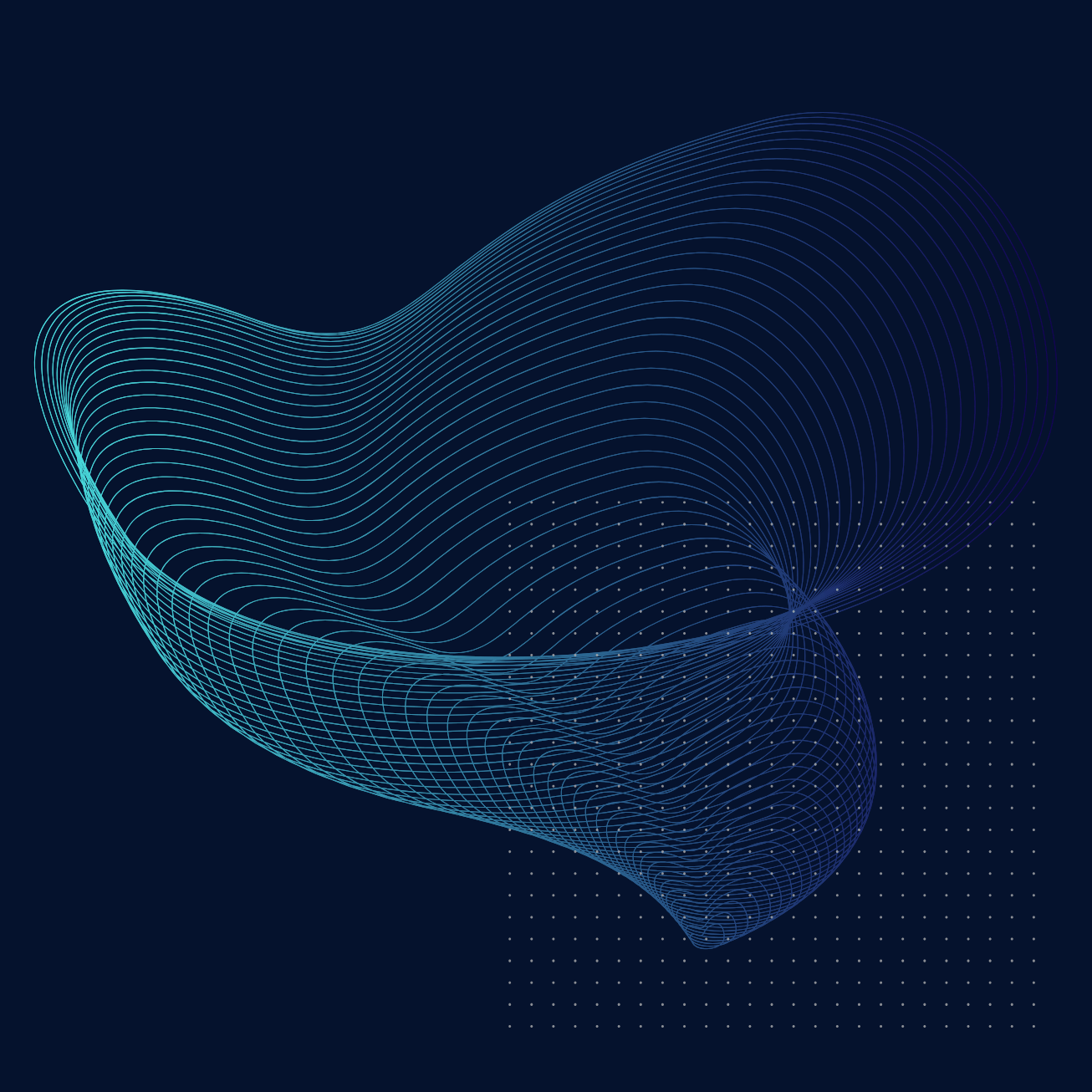NASA Announces Call for New Computing Approaches to Earth Science
In an open challenge, NASA is seeking innovative business models that propose new approaches to solving complex Earth science problems using unconventional computing methods and is holding an informational webinar on Monday, April 28. The agency’s Beyond the Algorithm Challenge, sponsored by NASA’s Earth Science Technology Office, asks for proposals to more rapidly and […]
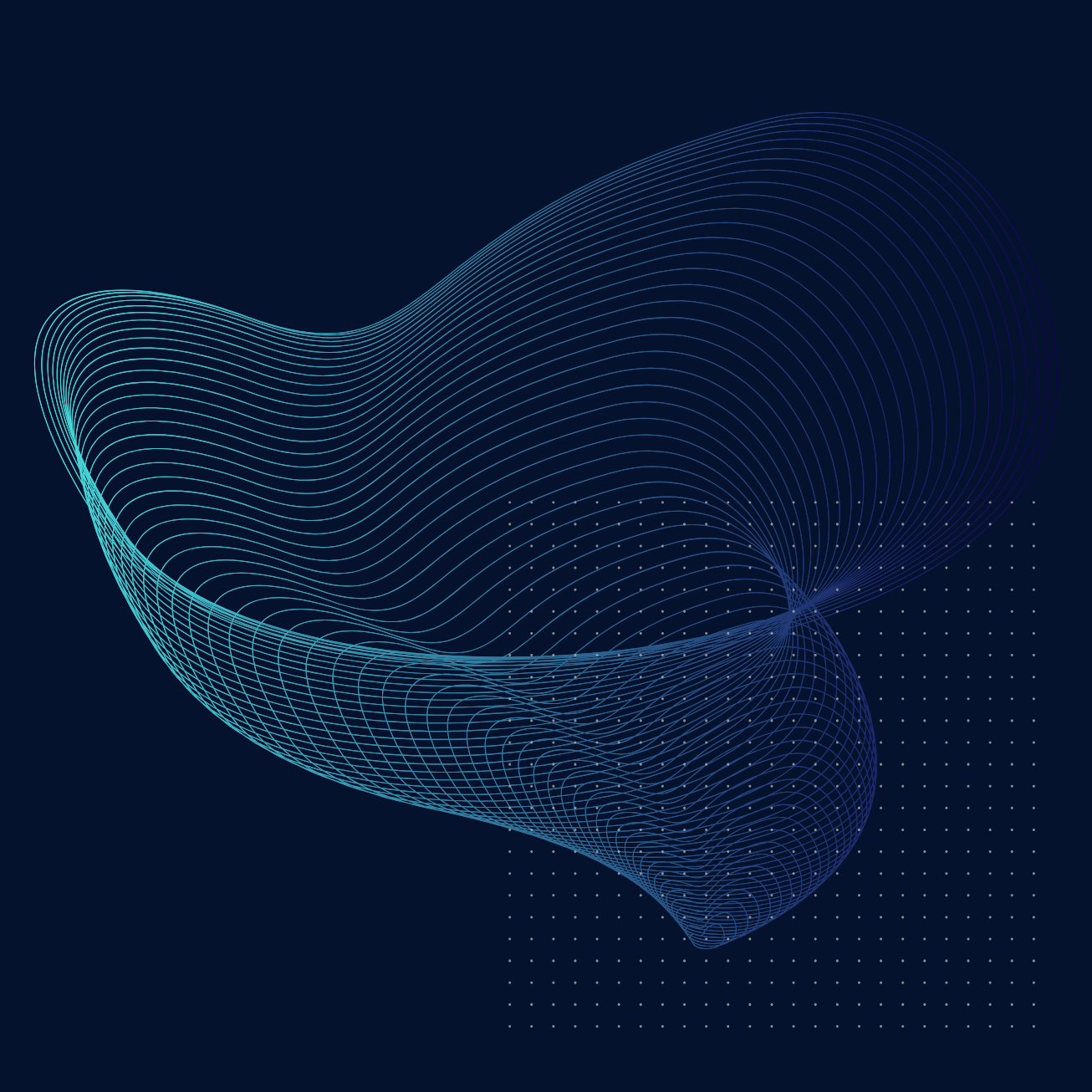
In an open challenge, NASA is seeking innovative business models that propose new approaches to solving complex Earth science problems using unconventional computing methods and is holding an informational webinar on Monday, April 28.
The agency’s Beyond the Algorithm Challenge, sponsored by NASA’s Earth Science Technology Office, asks for proposals to more rapidly and accurately understand our home planet using transformative computing methods such as quantum computing, quantum machine learning, neuromorphic computing, in-memory computing, or other approaches.
The Beyond the Algorithm Challenge kicked off in March and consists of three phases. Participant submissions, which are due on July 25, will be evaluated based on creativity, technical feasibility, impact, business model evaluation, and presentation. Up to 10 finalists will be invited to present their ideas to a panel of judges at a live pitch event, and winners will a monetary prize.
For details about the challenge, interested participants can sign up for the informational webinar on Monday, April 28, here.
Using the vantage point of space, NASA’s observations of Earth increase our understanding of our home planet, improve lives, and safeguard our future. The capabilities of NASA’s Earth Science Division include developing new technology, delivering actionable science, and providing environmental information to meet the increased demand for more sophisticated, more accurate, more trustworthy, and more actionable environmental information for decision-makers and policymakers.
For example, rapid flood analysis is one area that may benefit from computing advancements. Flood hazards affect personal safety and land use, directly affecting individual livelihoods, community property, and infrastructure development and resilience. Advanced flood analysis capability enables contributions to protect and serve impacted communities, making a tangible difference in areas such as disaster preparedness, recovery, and resilience.
Advancements in computing capabilities show promise in overcoming processing power, efficiency, and performance limitations of conventional computing methods in addressing Earth science challenges like rapid flood analysis. Quantum computers offer a fundamentally different paradigm of computation and can solve certain classes of problems exponentially faster than their classical counterparts. Likewise, quantum machine learning offers the potential to reduce required training data or produce more accurate models. The emerging field of neuromorphic, or brain-inspired, computing holds significant promise for algorithm development optimized for high-speed, low power. And in-memory computing saves time and energy for data-heavy processes like artificial intelligence training.
Blue Clarity is hosting the Beyond the Algorithm Challenge on behalf of NASA. The NASA Tournament Lab, part of the Prizes, Challenges, and Crowdsourcing program in the Space Technology Mission Directorate, manages the challenge. The program supports global public competitions and crowdsourcing as tools to advance NASA research and development and other mission needs.
For more information about the contest and a full list of rules and eligibility requirements, visit:














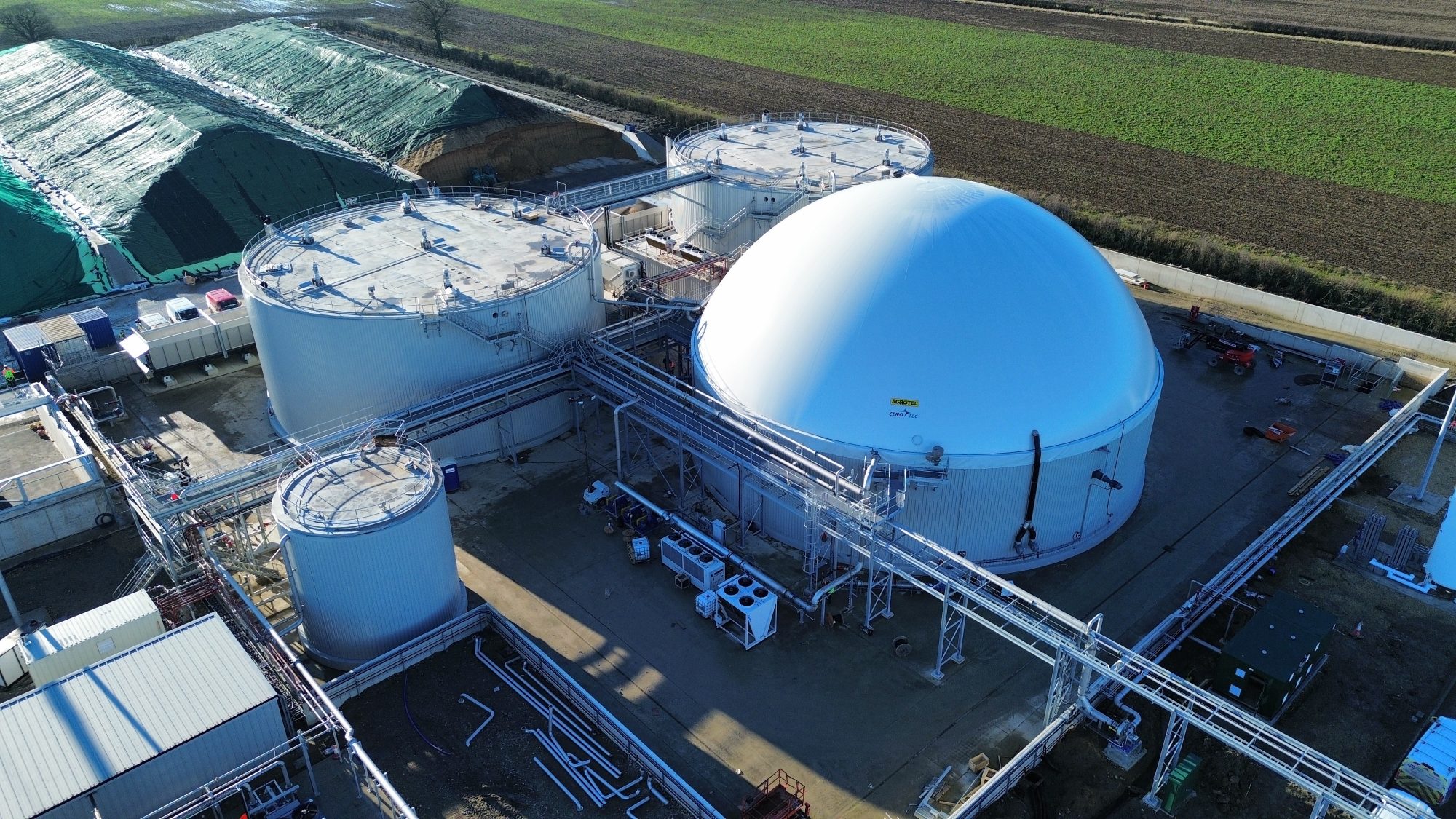






























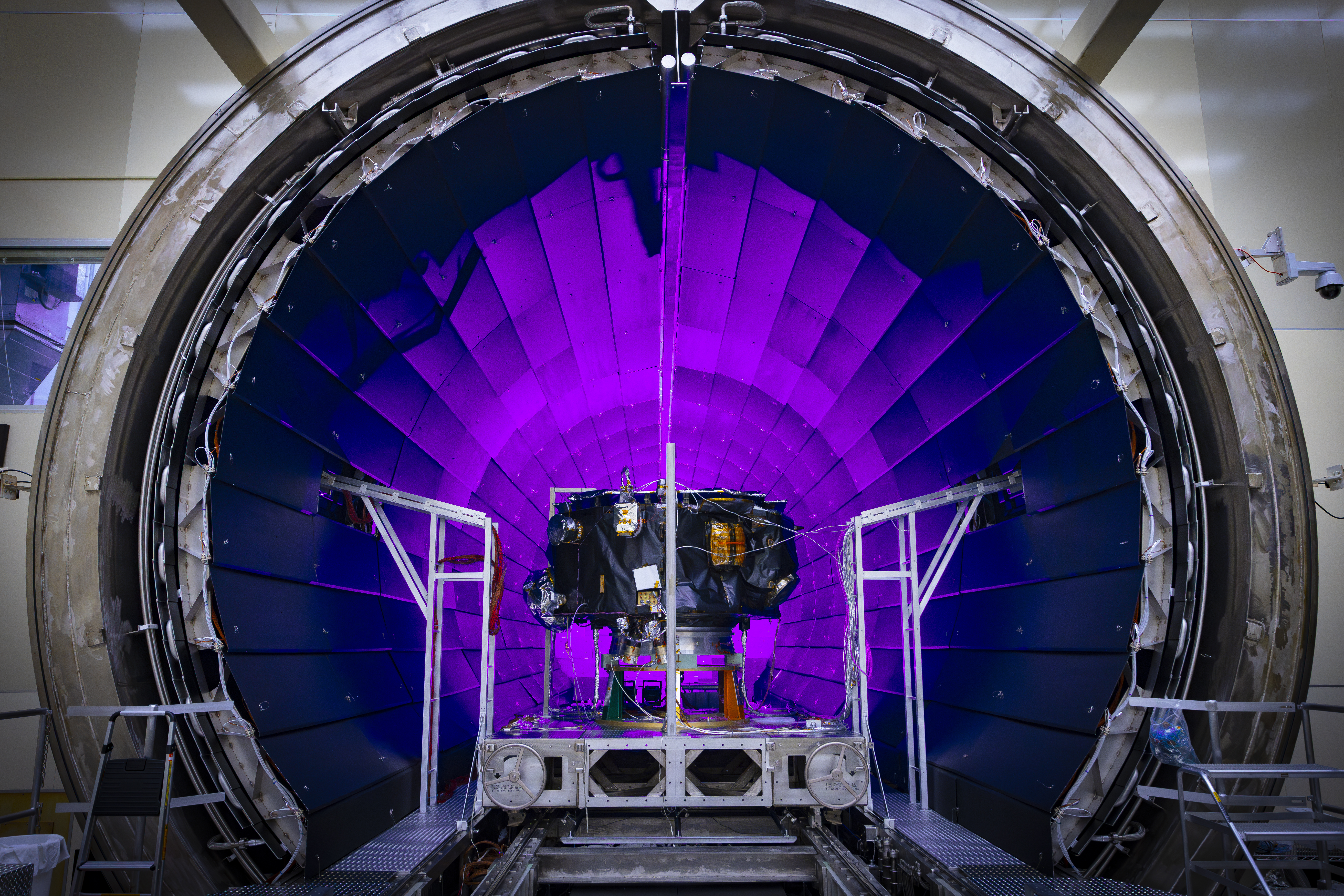








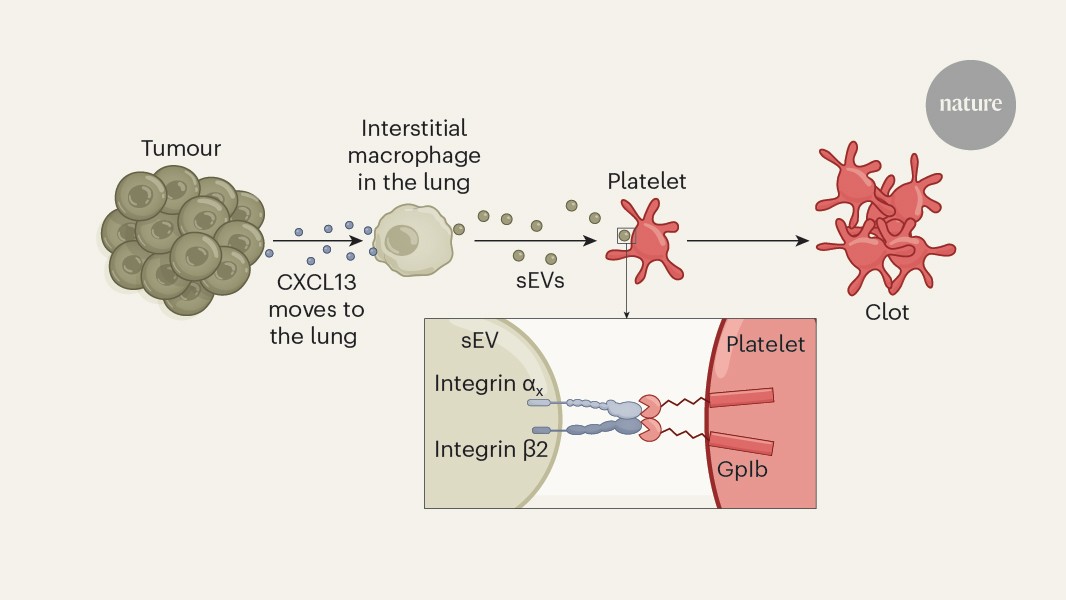











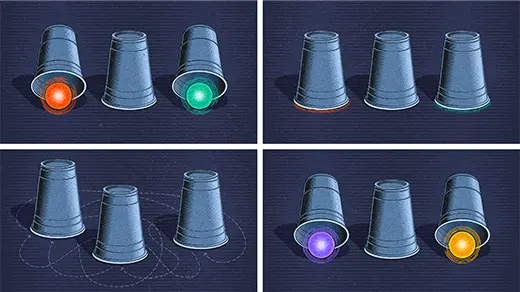








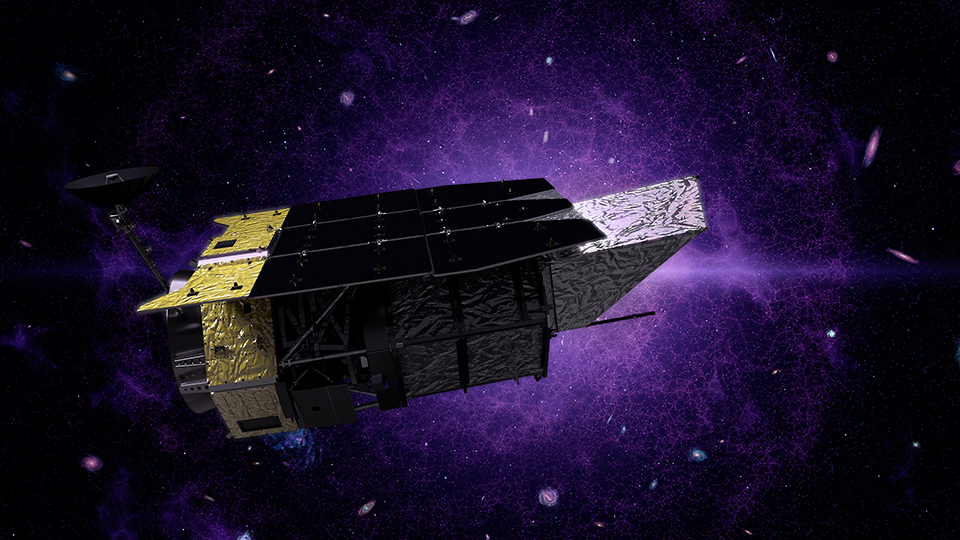















































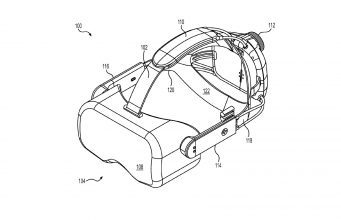



![The breaking news round-up: Decagear launches today, Pimax announces new headsets, and more! [APRIL FOOL’S]](https://i0.wp.com/skarredghost.com/wp-content/uploads/2025/03/lawk_glasses_handson.jpg?fit=1366%2C1025&ssl=1)



